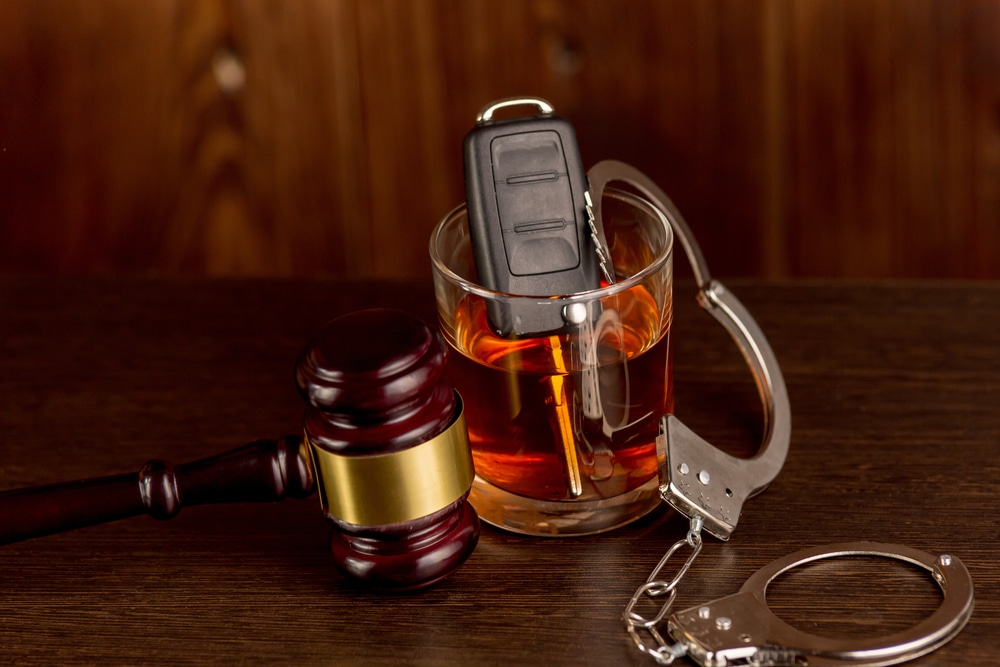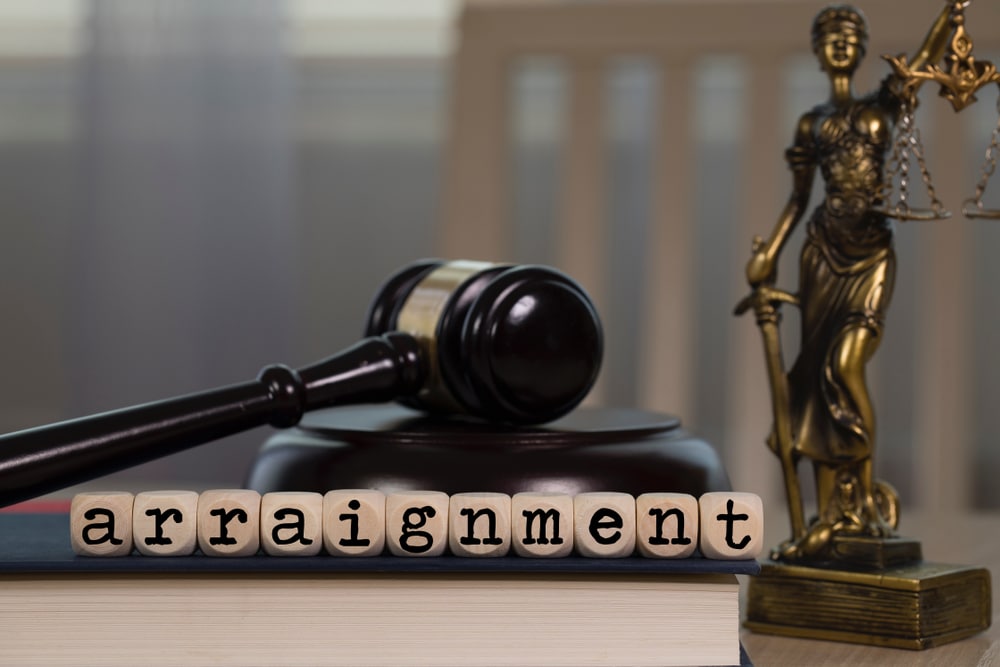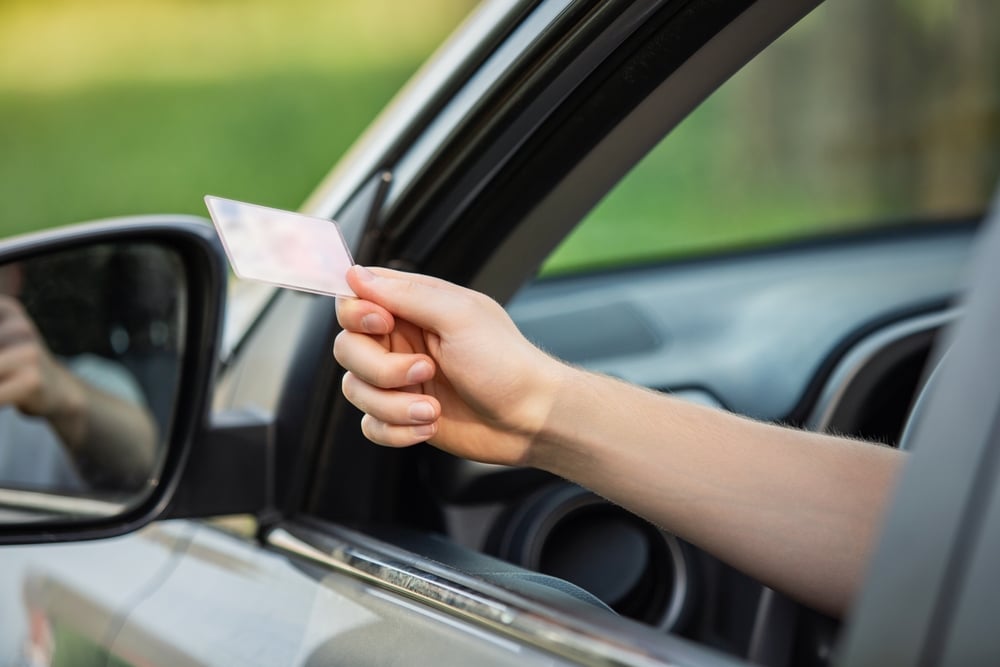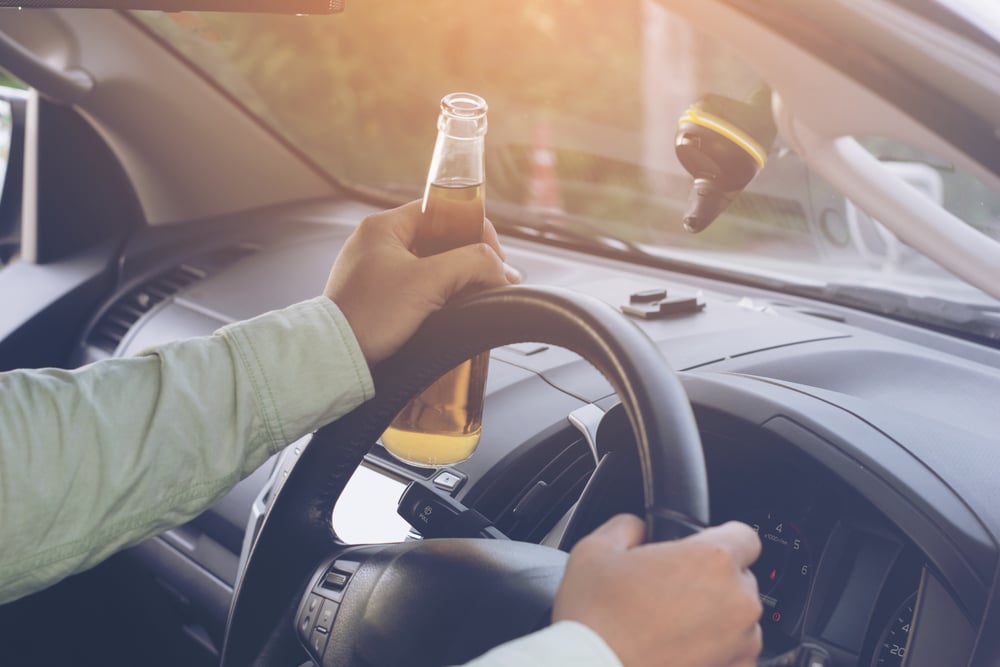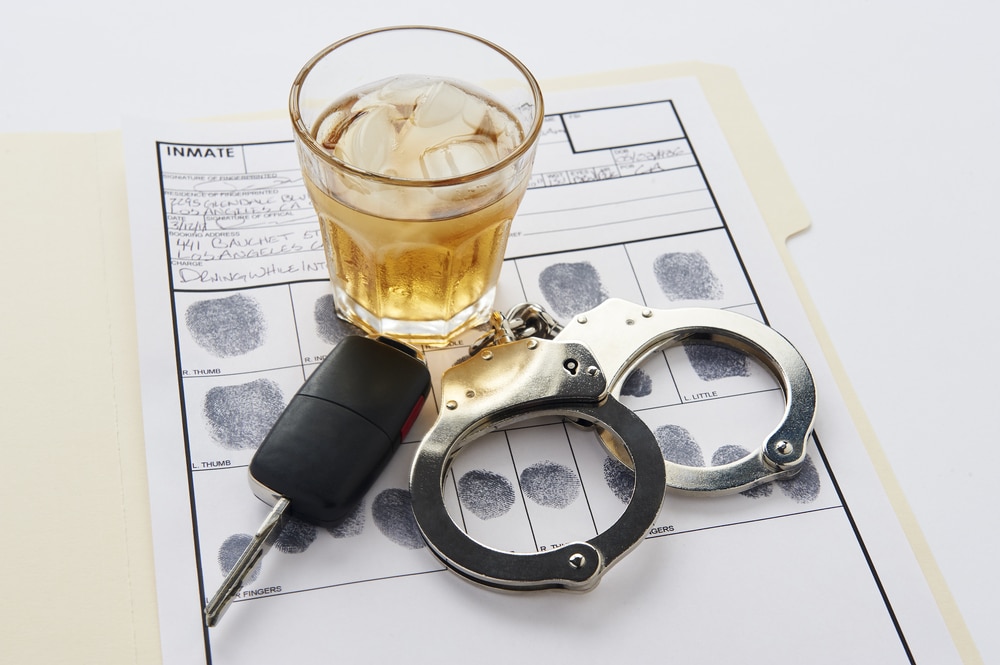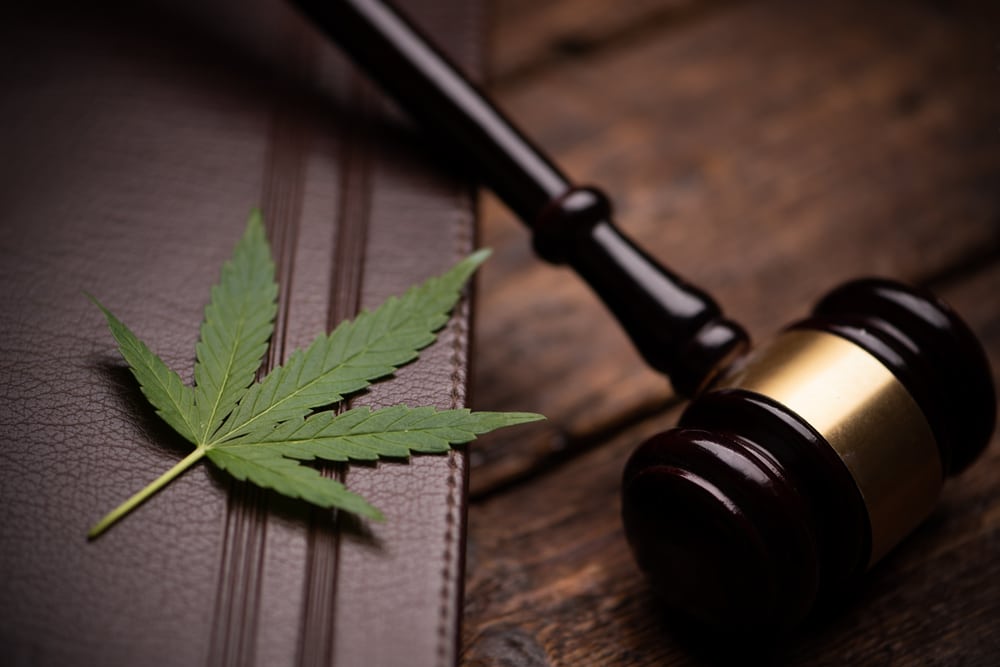If you’ve been charged with driving under the influence in New York, you may be wondering whether you should have the representation of an attorney. Critically, being charged with driving under the influence in New York can have a long-lasting impact on your life and livelihood — and there are many benefits to hiring an attorney to represent you in your DWI case. In addition to guiding you through the legal process, a DWI attorney can protect your legal rights and fight for the best possible outcome.
Here are four essential reasons you should retain a DWI attorney if you are facing criminal charges for drinking and driving:
1. A DWI Attorney Will Know How to Challenge a Breath Test
Often, the prosecution’s case against you will rely heavily on the results of a breath test that establishes you were above the legal BAC limit. However, these tests aren’t always accurate and can be challenged in court. For instance, a DWI attorney will know how to challenge breath test results due to lack of probable cause, improper testing procedures, failure to calibrate, or even based on the timing of the test. If the test results are inadmissible, the prosecution will have to rely on other evidence, such as field sobriety tests or eyewitness testimony.
2. A DWI Attorney Will Have Knowledge of the Law
DWIs are complex matters and the laws are highly nuanced. A DWI attorney will have deep knowledge of the law and experience arguing these types of cases. They will also know the procedures that must be followed by law enforcement and whether they were followed. In the event the police did not have probable cause to pull you over or your Constitutional rights were violated in some other way, key evidence may be suppressed — or your case may be dismissed.
3. A DWI Attorney Can Negotiate a Plea Deal
Plea bargaining is an important part of many DWI cases. With a plea deal, you may be able to get the charges against you reduced in exchange for pleading guilty. There are a variety of factors that are taken into consideration when negotiating a plea deal, including the seriousness of the offense and the amount of evidence against you. While it is ultimately up to you as to whether you wish to accept a plea deal, your attorney can advise you whether the deal being offered is in your best interests — or it is better to take your case to trial. They will also know how to negotiate with the prosecution to obtain a more favorable outcome.
4. A DWI Attorney Will Have Trial Skills
Often, a DWI case can be resolved through negotiating a plea bargain or obtaining a dismissal. However, if your case goes to trial, it’s vital to have a DWI attorney who possesses the skills necessary to provide a solid defense. A DWI attorney will know how to structure your defense and present your case to a jury.
Contact an Experienced New York Criminal Defense Attorney
If you are facing DWI charges, it’s critical to have the representation of an experienced criminal defense attorney who can fight for your rights. The attorneys at D’Emilia Law offer adept advocacy and knowledgeable counsel to those who are facing DWI offenses and work relentlessly to obtain the best possible results in each of their cases. To schedule a consultation, contact us at 1-888-DEMILIA.

